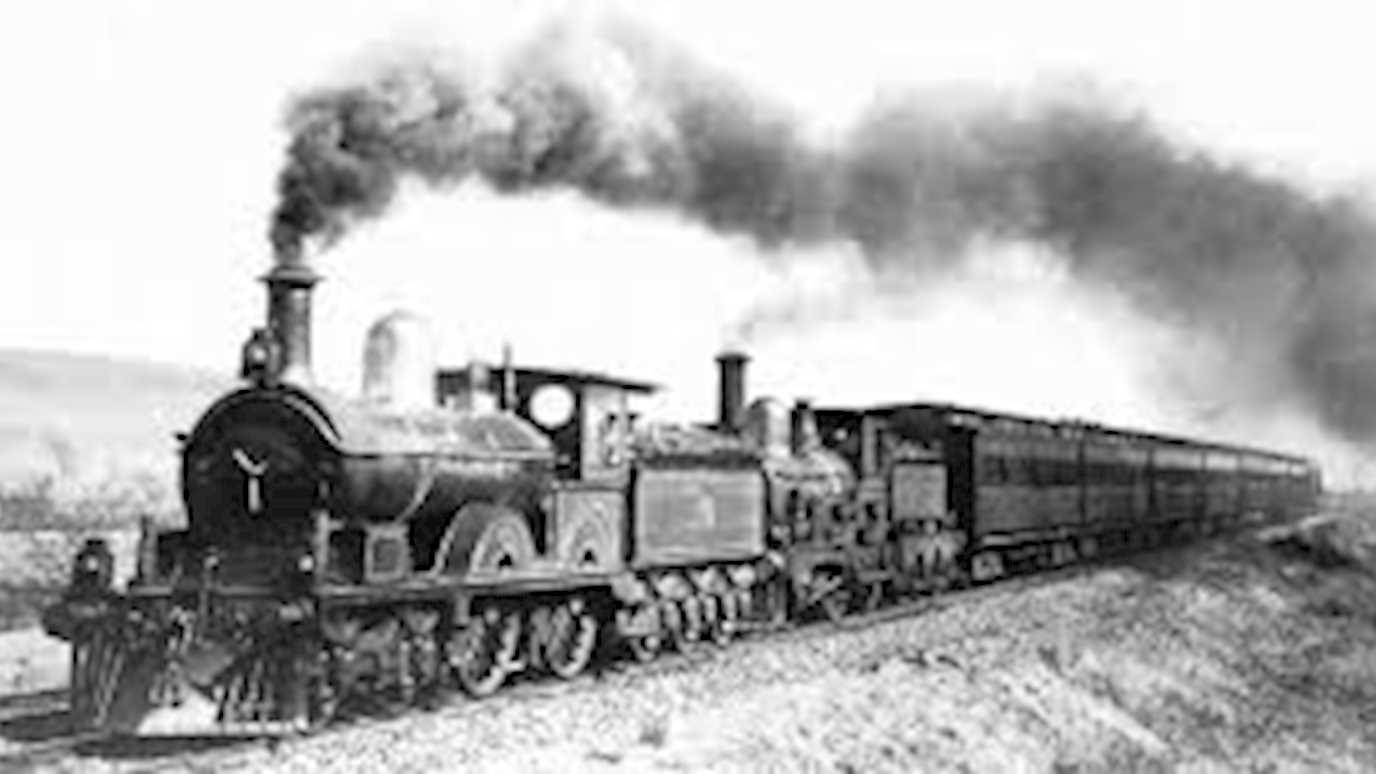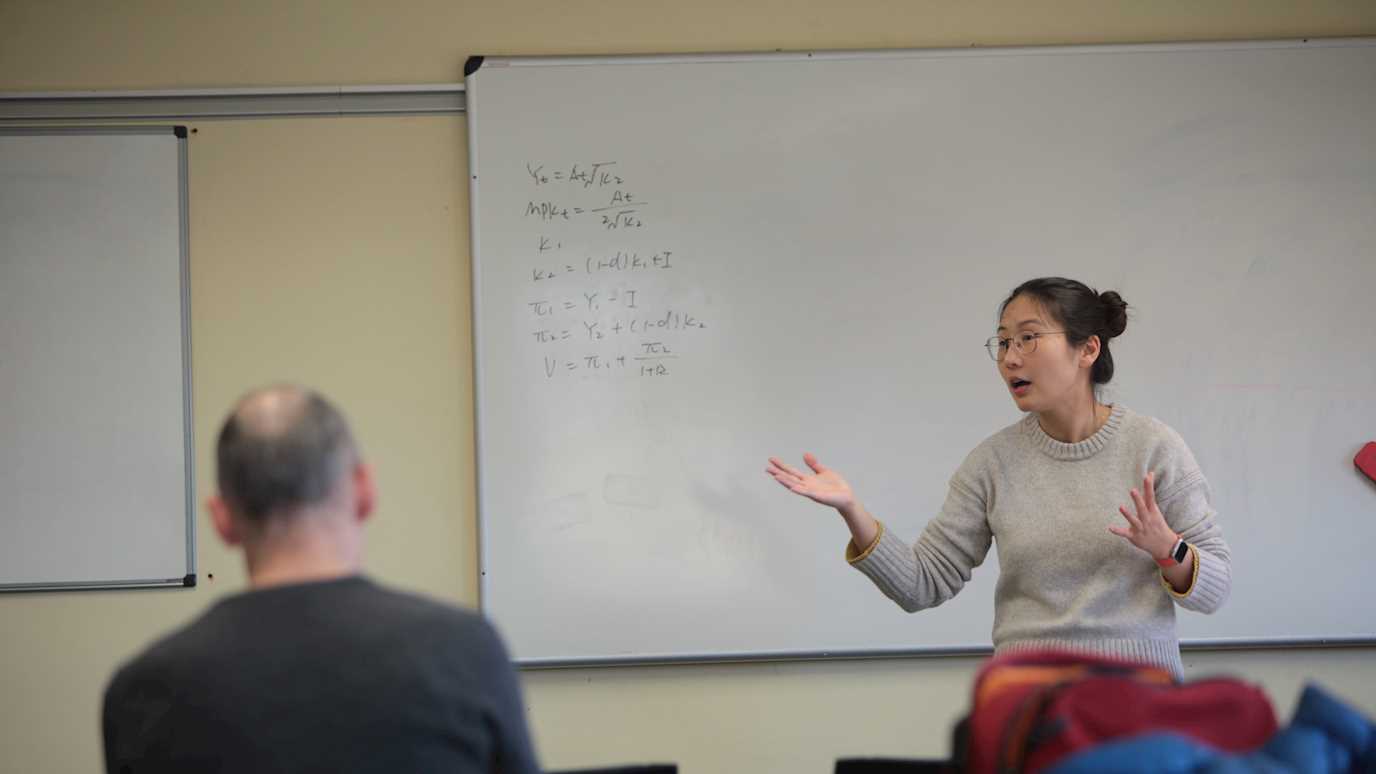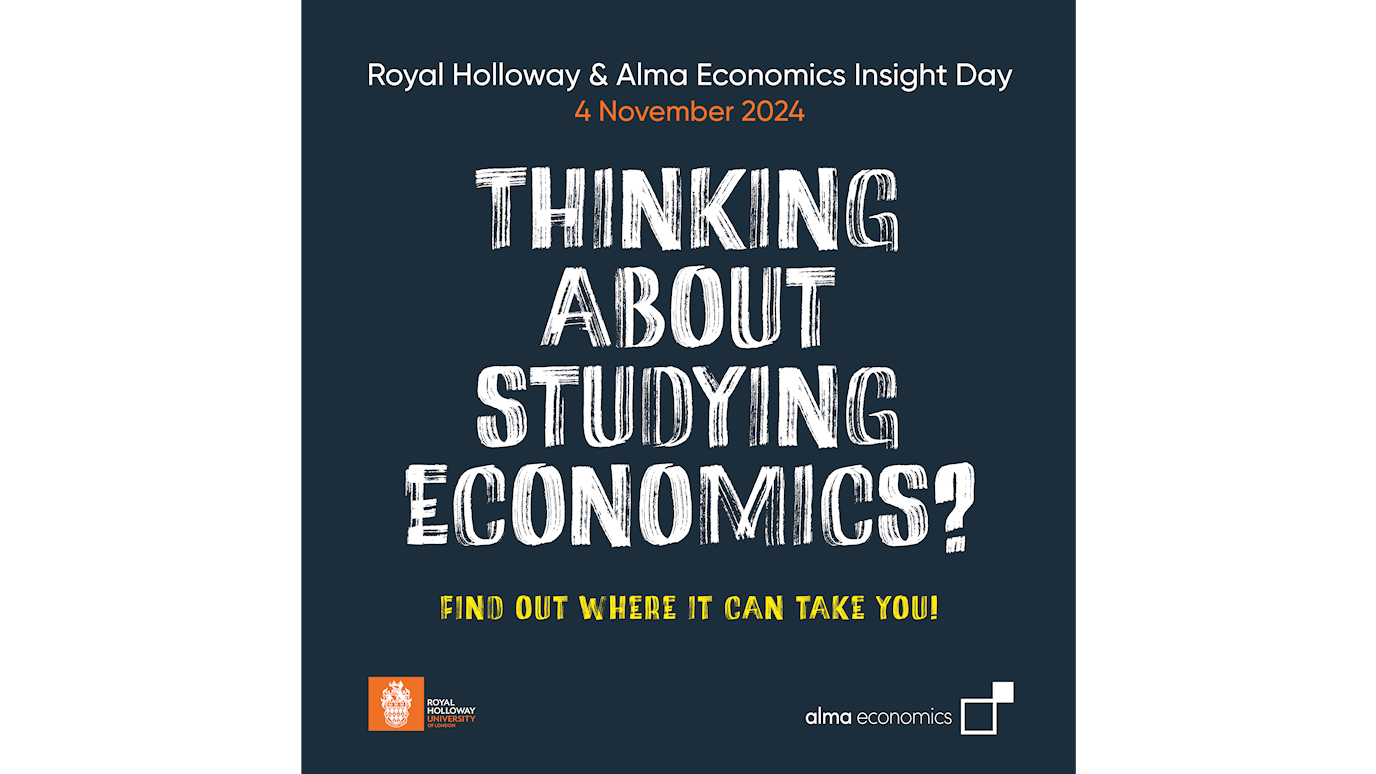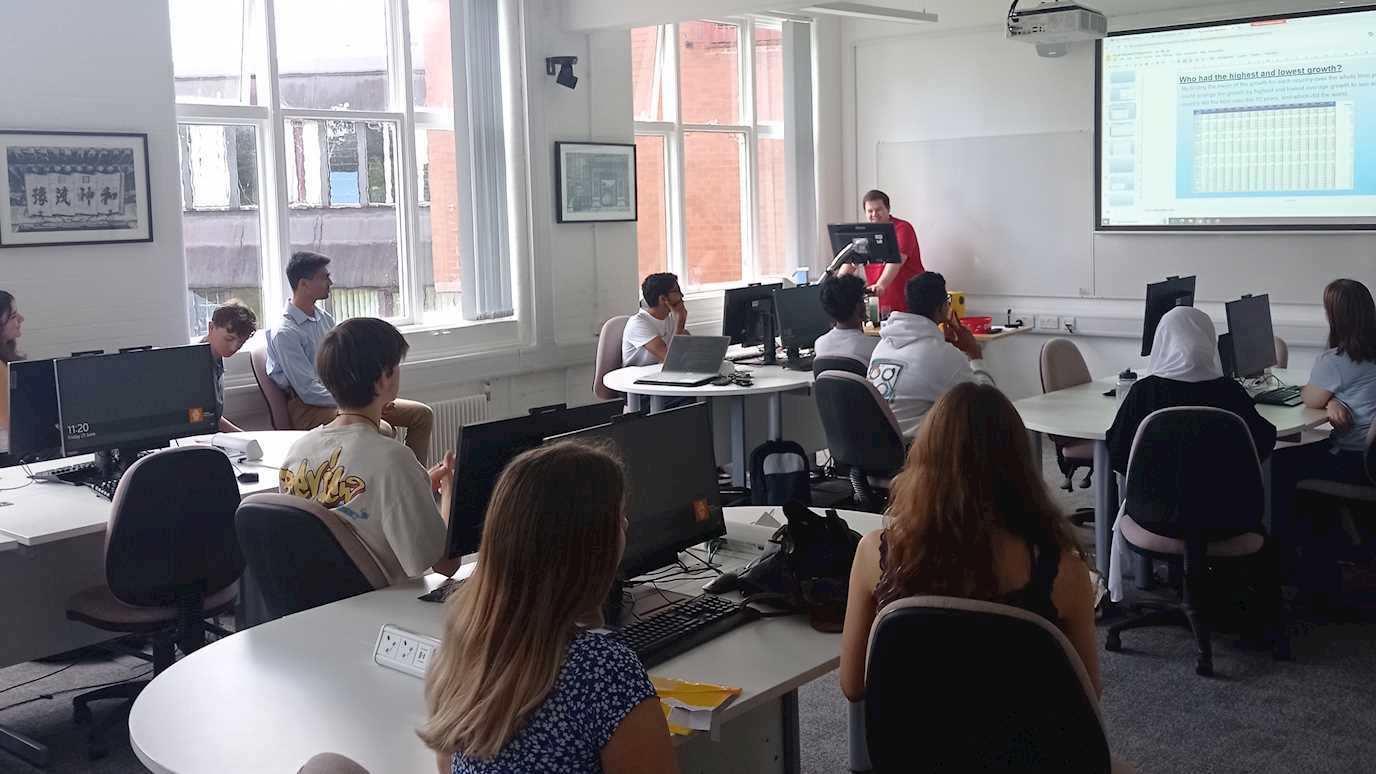The standard justification for public transport closures is economic feasibility – a lack of profitability for the service provider.

As a recent paper by Professor Seltzer and Professor Wadsworth however shows, such discussions often miss much of the full value of public transport to society. In their work they explore the consequences of the commuter transport revolution on working class labour markets in 1930s London. The ability to commute alleviated urban crowding and increased workers’ choice of potential employers. Using GIS-based data constructed from the New Survey of London Life and Labour, they examine the extent of commuting and estimate the earnings returns to commuting. They obtain a lower-bound estimate of two percent increase in earnings per kilometer travelled. They also show that commuting was an important contributor to improving quality of life in the early-twentieth century. To fine out more click here.
























